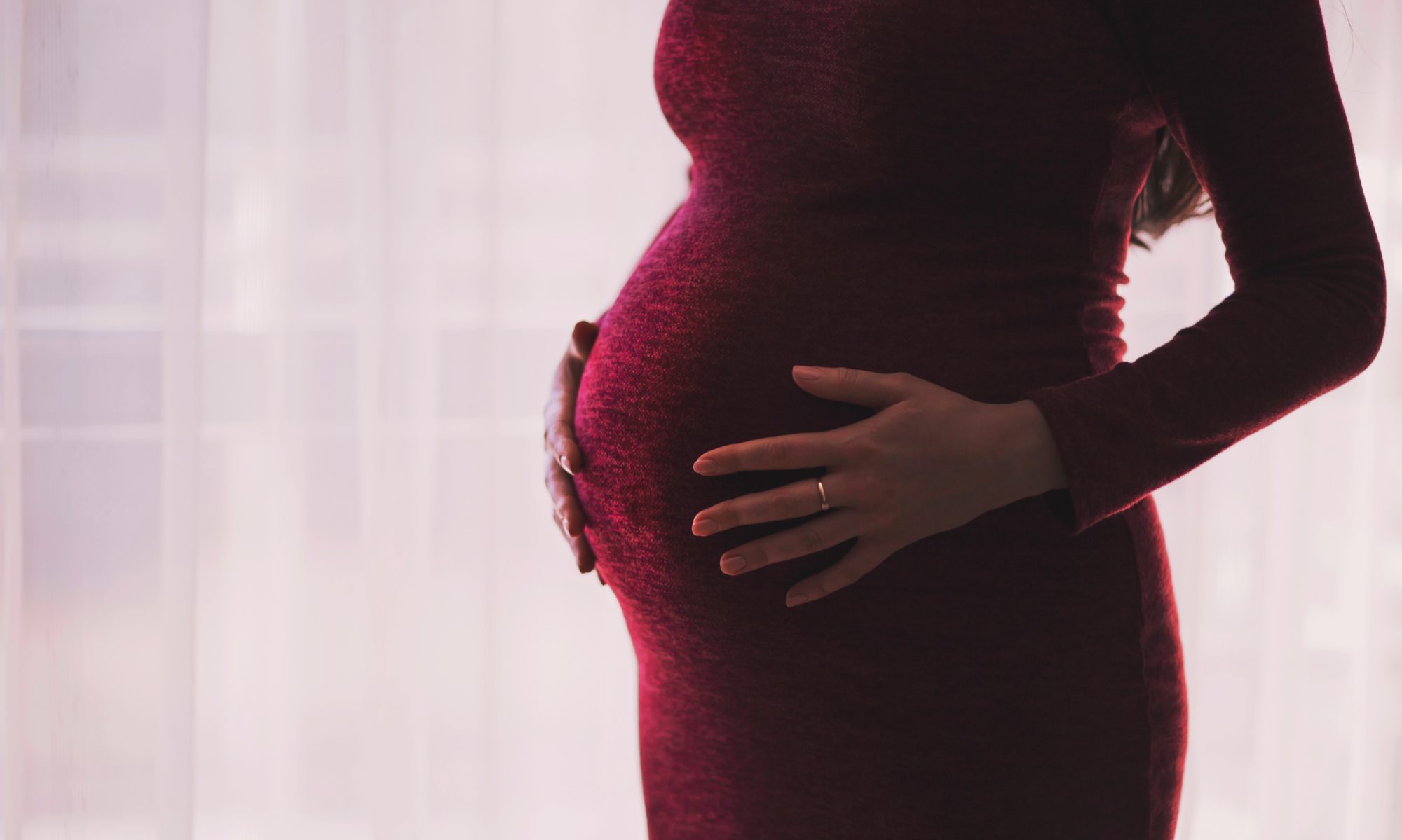There is so much to learn on caring for your newborn once you get home. Your Nurse will review this vital information with you before discharge.
- Safe sleeping: your baby should sleep on their backs only on a flat firm mattress in a crib at night. You do NOT want your baby propped up on pillows or sleeping in bed with you at night , they can fall, suffocate and because of SIDS (crib death). You do not want to place objects and toys in the crib. Keep the baby in the room with you ideally for the first year. Do not swaddle them tightly let their arms be free to move.
- If your baby is crying, that is how they communicate with you, they may be telling you they are wet, have gas, hungry or want to be held. First check the diaper, then burp them, then feed, sometimes they just want to be held.
- Before leaving the hospital the nurse will remove the cord clamp, that will leave a cord stump. This will fall off in about 2-3 weeks, just keep it clean and dry. Do not immerse the baby in water until this falls off, just fold the diaper down. You may do a sponge bath, no soap on the face, mild soap on the body and not a lot of lotions, their skin is sensitive and they could break out in a rash. For sharp nails use a baby emery board, do not cut them and NO mittens they can choke on them.
- If your baby has a circumcision, the nurses will give you instructions on caring for this, usually you place gauze with petroleum jelly on the penis . Make sure the baby urinates at least 12 hours after the procedure. Any questions or concerns call your Pediatrician.
- Some babies get a little jaundice caused by bilirubin built up in the blood. It’s passed in the urine and stool so it is very important to keep tract of the number of urine and stools the first week. Check the diaper BEFORE each feeding. Frequent feedings help to excrete this, so breastfeed every 2-3 hours on demand. Formula feed every 3-4 unless otherwise specified by your Pediatrician. If your baby wont’t eat and becomes lethargic and has yellow eyes and skin , you need to contact your Pediatrician right away. There is a blood test done in the hospital and DR’s office to check this before discharge. Some babies need to have phototherapy if levels are too high.
- Babies need to go home in the car seat , make sure you know how it works before your discharge day.
- If the baby is spitting or choking, turn the baby on the side, or upright and pat their back and use a bulb syringe to gently remove secretions from the mouth or nose if needed. It is also a good idea to take a Baby CPR class before you delivery.
- Be sure to keep your follow up appointment usually within 1-2 days with the Pediatrician.
- Be sure your baby is not around any sick people and anyone holding your baby should wash their hands. Babies can not fight off many infections at birth. Moms should be encouraged to get the TDAP, FLU, and COVID vaccines which helps protect your baby. Discuss this with your Doctor ideally before delivery. See the CDC site for more information.
- It is also NOT recommended to post your babies birth information and photos online or social media. It is also not recommended by the National Center for Missing and Exploited Children to decorate the outside of your house with balloons, announcements, or other lawn ornaments for you and your babies safety. See their information on “What Parents Need to Know”.
- Before you leave the hospital, find out what Lactation consultants and support groups are available for new Moms.
- Enjoy your new baby! Again for any concerns you have contact your Pediatrician.

